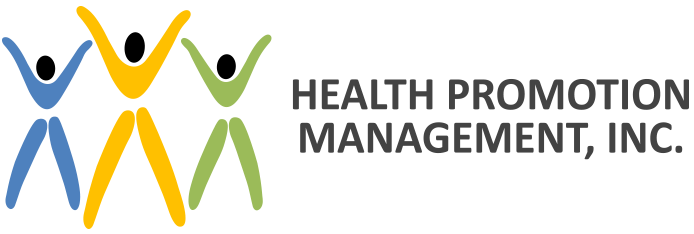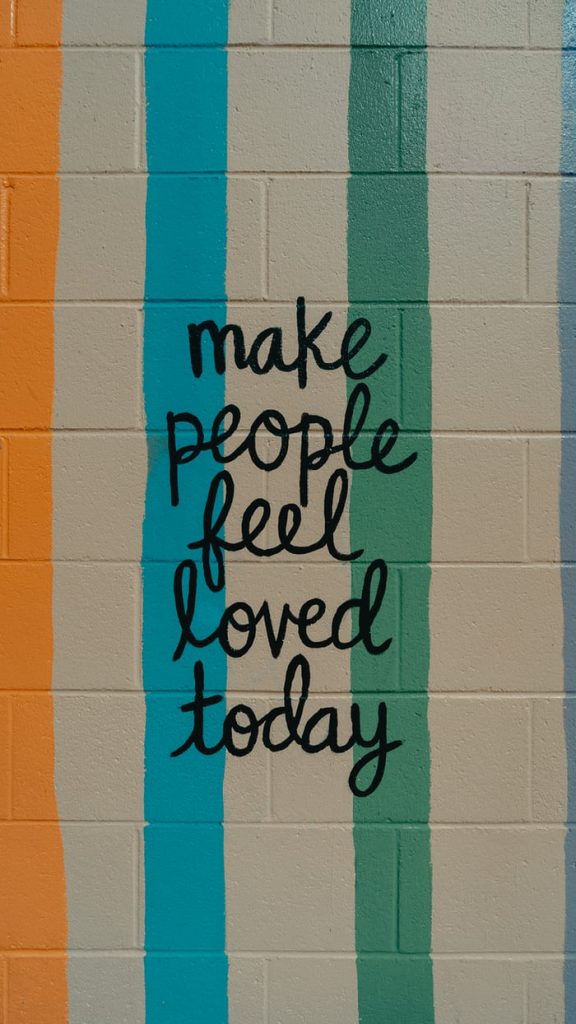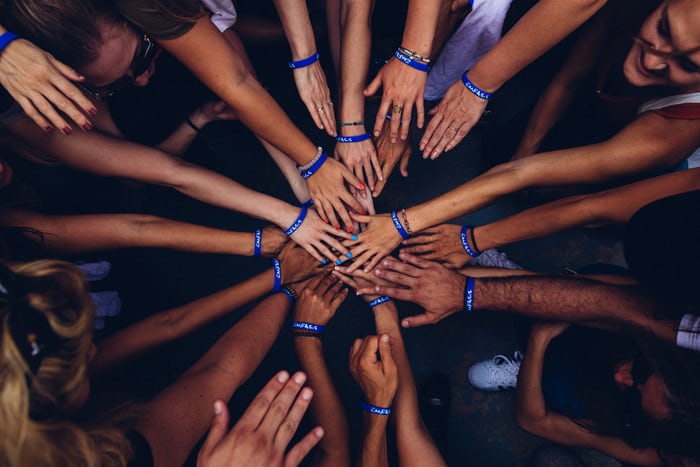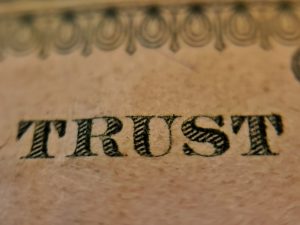“Trust enables collaboration. It’s the currency in a collaborative world. [We live in a collaborative world].
You can ignore the principles that govern trust, but they will not ignore you.
Collaboration is the foundation of the standard of living we enjoy today.
– Stephen Covey
Trust is the glue.”
Thus, we cannot have one without the other.
Since we live in a world and work in environments of teamwork and cooperation, building trust is essential. So often, though, we fall into the trap and make the mistake of trying to read other people’s minds. We assume that people will act and think the same way in every environment.
“You did this, but what you were really thinking was A, B, C.” And then we personalize it all.
Remember The Four Agreements? Assume nothing and take nothing personally (+ two more).
Humankind has created the illusion that we are able to read minds, when, in fact, we are really, really bad at it. Our biggest failure as a species, IS communication. So, believing we are good at something that we are actually terrible at is the worst combination – and leads to a lack of TRUST.
You cannot read someone else’s mind. You really can’t. And, you can’t assume that because one person agrees with one area of a philosophy that every other thought, action, and behavior will follow suit. Yet, this has become so common place. This is our life.
Truth does not live in our heads, it lives in our hearts. AND, it’s constantly changing. Your truth today may not be the same as it was yesterday and most certainly will be not the same tomorrow either. Your head longs to conceptualize, rationalize and analyze your thoughts and those of others. Yet, this only leads to failure in communication – lack of trust, and then lack of collaboration.
So, how do we fix this?
In his book, The Speed of Trust, Stephen Covey recommends the following:
- Take the risk to care. It unlocks human connection, which leads to trust.
- Be deliberate with your intentions. This puts your purpose into action and shows others you are authentic.
- Strengthen your integrity to increase your credibility.
“Distrust creates distrust. There’s a better way to lead [and work together], but it takes courage. TRUST RULE: no guessing – declare your intent.
Trust is a risk that takes vulnerability, which is another word for courage.
Thus, in all your relationships, focus on the success of communication and collaboration; focus on building trust. It could just be the Eighth Habit of Highly Effective People.
For more information on trust and collaboration, as well as vulnerability and courage, check out Stephen Covey and Brené Brown.




